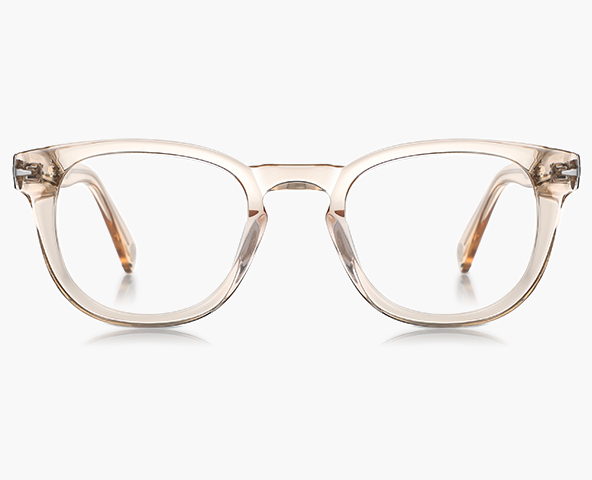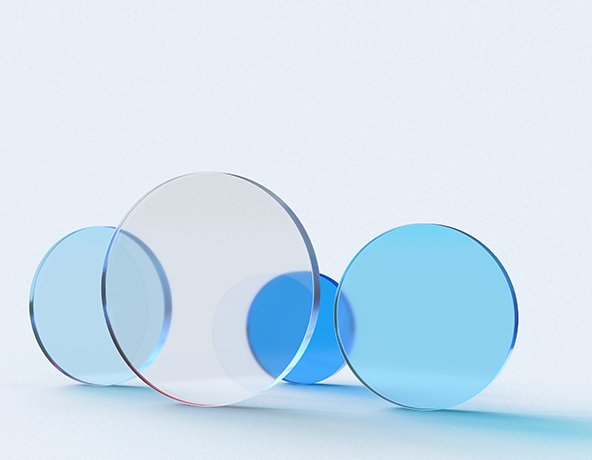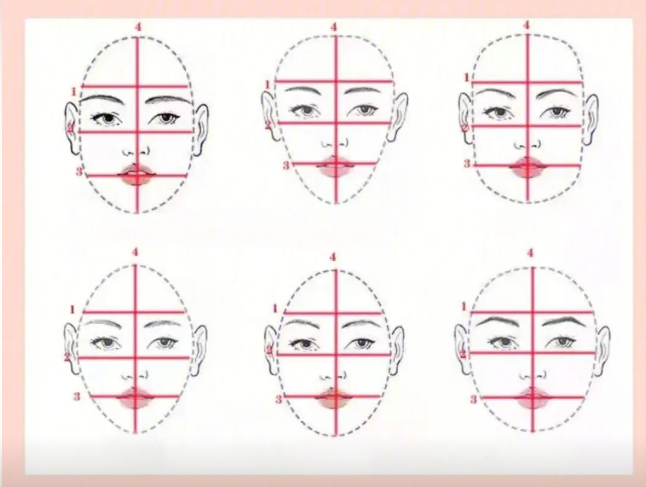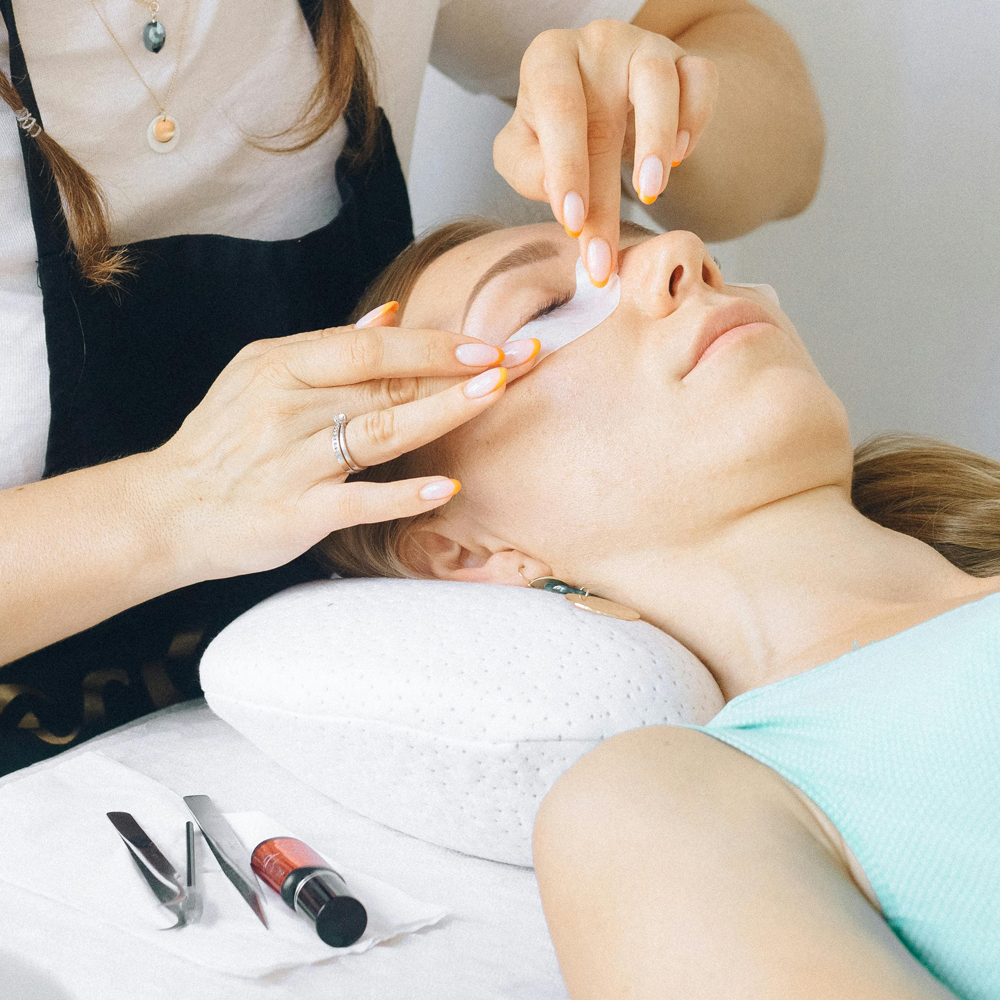If you have nearsightedness problems, but just wear glasses without paying attention to the adjustment of eye habits, and still maintain a high intensity of near use of electronic devices. Then your nearsightedness may rapidly increase and eventually develop into "high myopia". Many people have only a vague idea of what "high myopia" is and are not aware of the serious impact it can have on our vision. In this article, we would like to explain the dangers of high myopia and what can be done to prevent it.
What is High Myopia?
High myopia is usually a condition of nearsightedness where the nearsightedness is greater than 600 diopters. In this condition, the refractive power of the eye changes significantly, resulting in distant objects not being clearly imaged on the retina, thus affecting vision.
Symptoms of High Myopia
- Loss of vision:This is the most obvious symptom of high myopia. The patient's distance vision is significantly reduced, and the clear distance of near vision becomes closer. As the degree of nearsightedness increases, the degree of vision loss becomes more obvious.
- Floaters:This is caused by the projection of floating objects on the retina formed by the degeneration and liquefaction of the vitreous humor. Patients may feel dark shadows floating in front of their eyes, as if mosquitoes were flying.
- Poor Night Vision: Patients with high myopia may experience a loss of night vision, which may be caused by the difference in refractive power between the center and periphery of the cornea.
- Eye Distortion:High myopia can lead to distortion of the eyeballs, making the eyeballs too elongated or too protruding in the process of development, which affects aesthetics and may even lead to strabismus.
Tips for preventing high myopia
To prevent high myopia and its complications, you need to pay attention to the following points:
- Maintain proper eye posture and avoid prolonged near eye use.
- Perform regular eye examinations, especially funduscopic examinations, so that complications can be detected and managed in a timely manner.
- Avoid strenuous exercises, especially those that may hit the eye, to minimize the risk of retinal detachment.
- Wear appropriate prescription eyeglasses to correct your vision if needed.
Although wearing eyeglasses can protect our glasses, developing good living habits is the key to effectively preventing myopia. Only scientific eye use and balanced diet can promote the healthy growth of eyes.




















